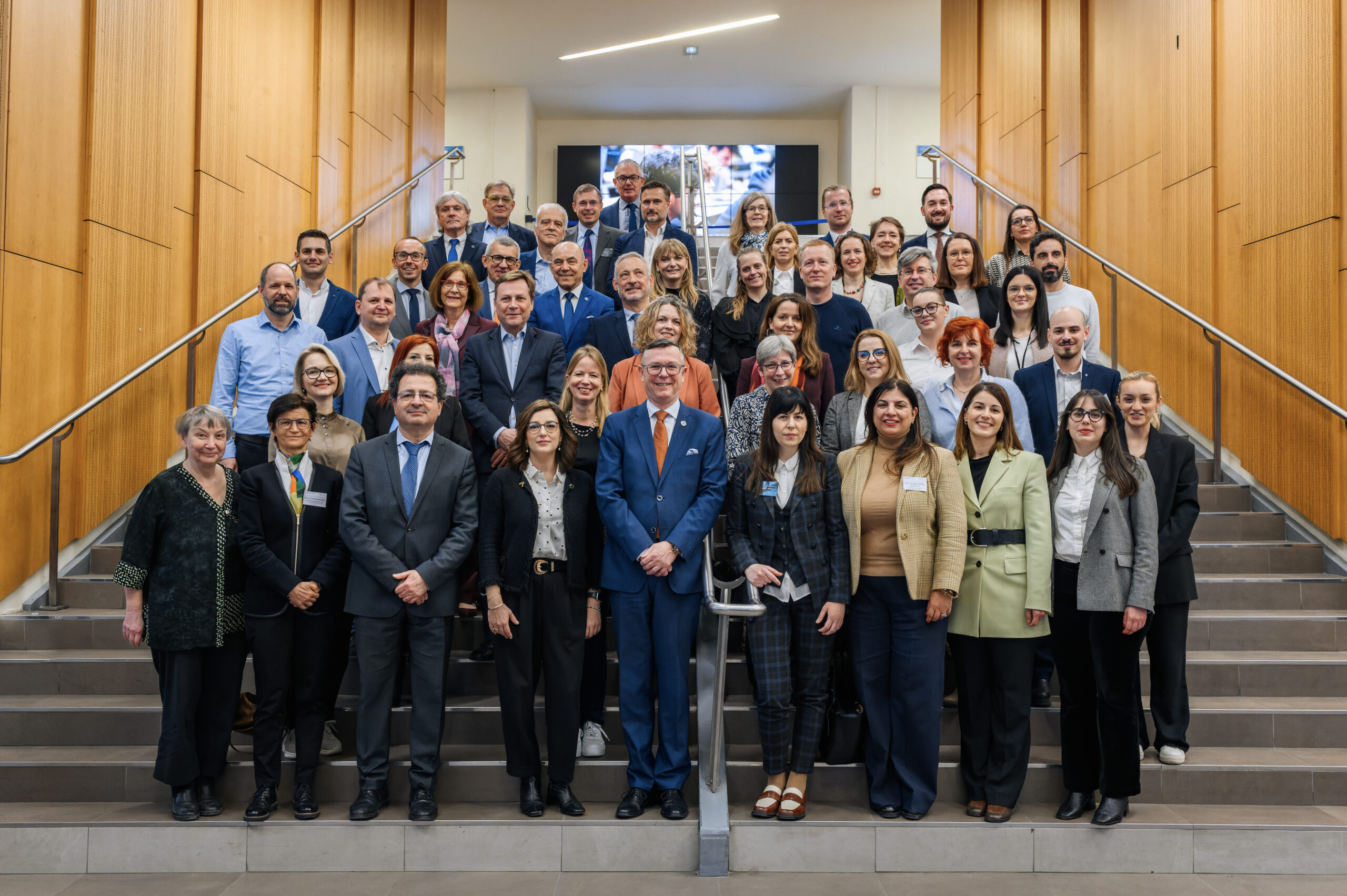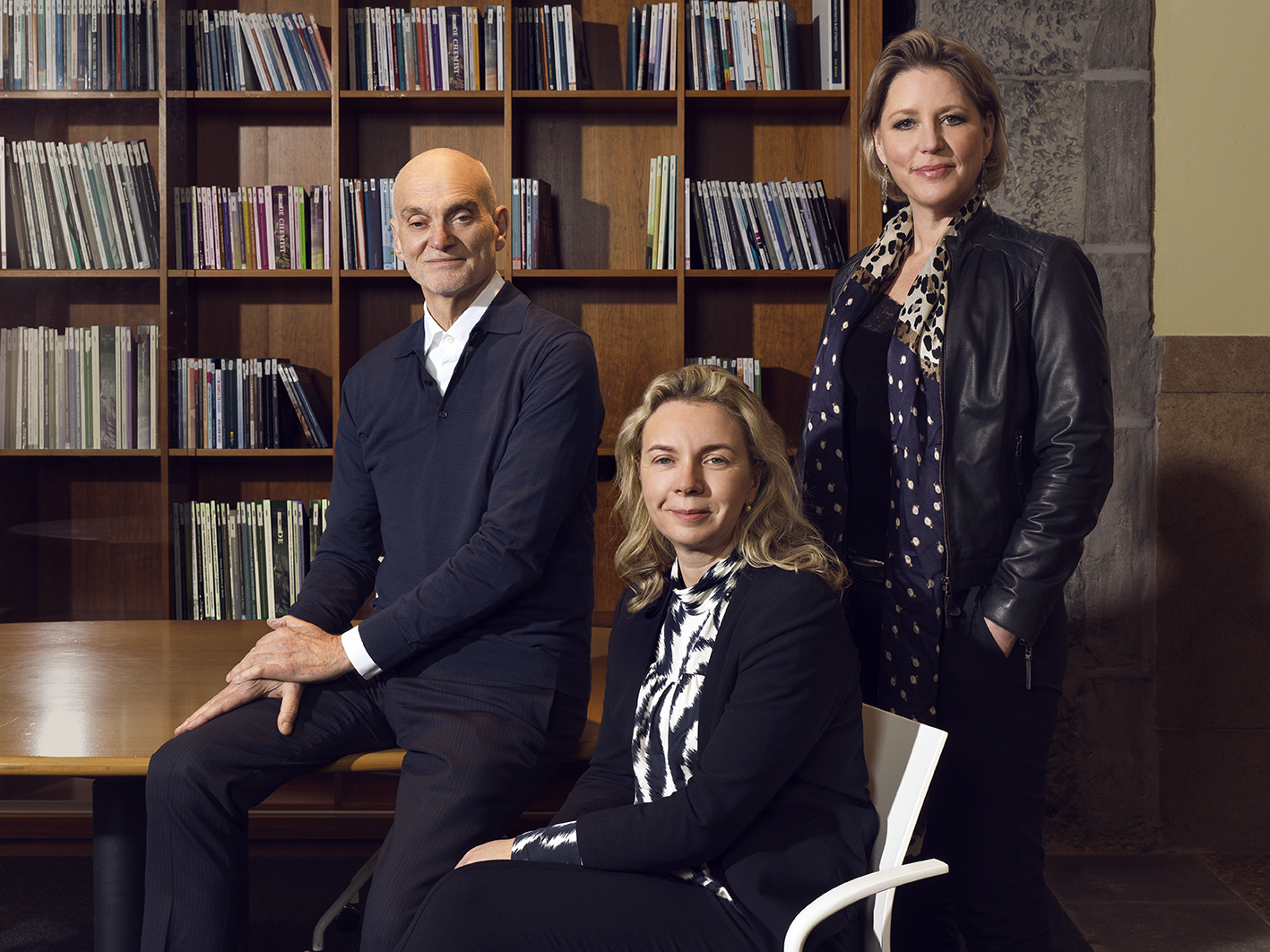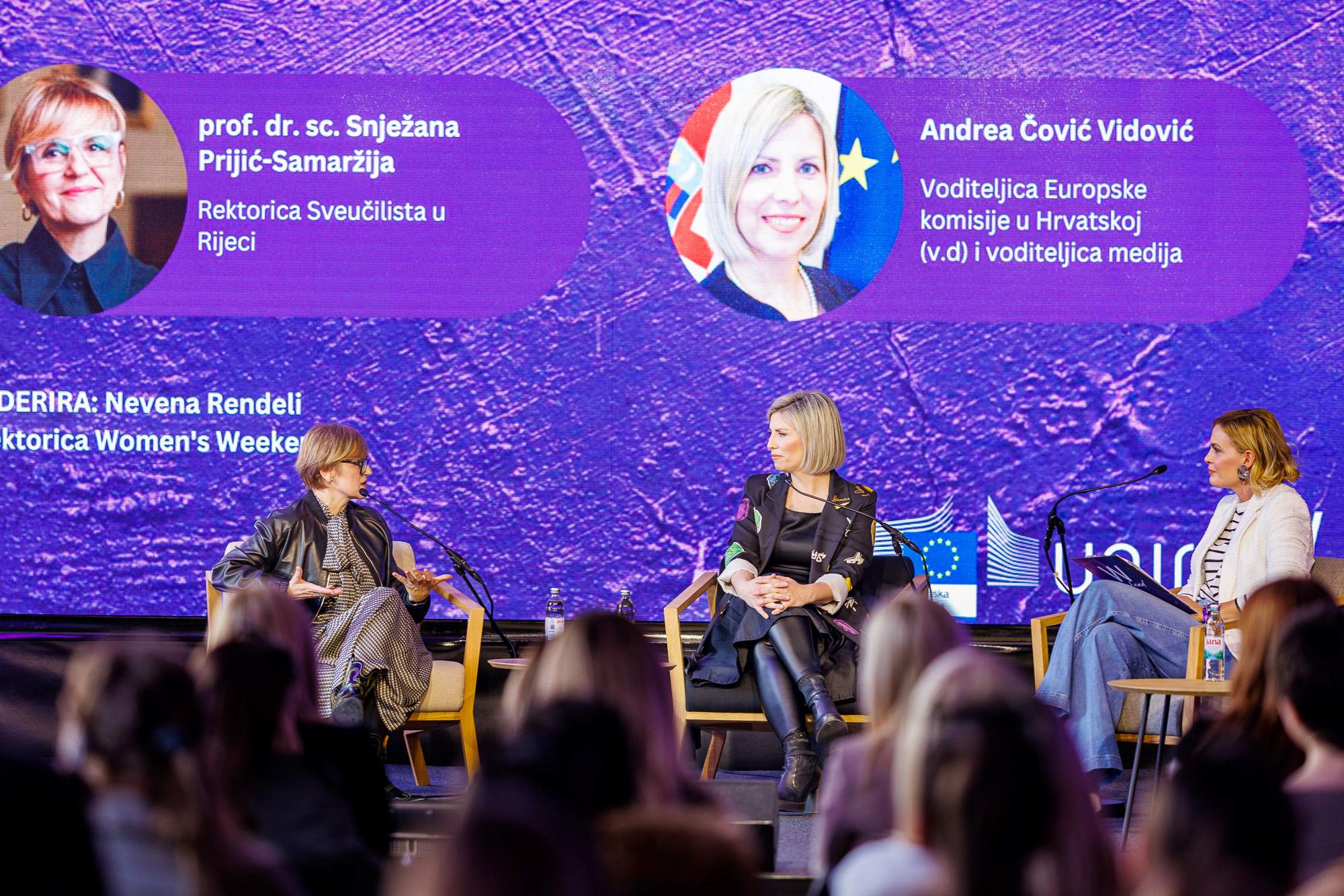To improve the management of research data, the German Research Foundation is prolonging funding of the project Deutsche Föderation für Biologische Daten (GFBio) in an amount of 4.3 million euro. Project coordinator is the MARUM – Center for Marine Environmental Sciences at the University of Bremen.
In order to improve the management of research data and promote exchange among researchers, the MARUM – Center for Marine Environmental Sciences at the University of Bremen is coordinating a project funded by the German Research Foundation (DFG – Deutsche Forschungsgemeinschaft) called Deutsche Föderation für Biologische Daten (German Federation for Biological Data – GFBio). In August 2018, the project will go into its third phase, funded in an amount of 4.3 million euro.
Data is at the heart of empirical science. In the environmental sciences, too, datasets are becoming ever more expansive and complex. By the same token, however, they represent a rich source of new possibilities – for example, when older datasets are applied in combination with new analytical tools.
Great potential for science
“The project Deutsche Föderation für Biologische Daten (German Federation for Biological Data – GFBio) contributes towards resolving a crucial problem facing present-day research: Namely, how to secure permanent access to research data and thus enable better science”, says Dr. Michael Diepenbroek, Manager of the PANGAEA data center coordinating the GFBio project. “We centralize data on collections, the genome and the environment. This creates great potential for future research.” For instance, through the search function in the portal researchers are already able to access almost five and a half million data entries from the eight affiliated GFBio data centers. This represents a wealth of information that can be reused in research.
19 partners all over Germany
Data from publicly funded research should be widely and freely accessible – including both raw data generated in the research process itself and metadata describing under what conditions and with what methods the research data was generated. This is where the GFBio project comes in: A total of 19 partners from all over Germany are involved – including universities, museums and molecular biology archives. The project participants are committed to the principles of “FAIR Data”, which in this context FAIR stands for “Findable, Accessible, Interoperable and Re-usable”.
National data provider and advisory center
GFBio serves as a national point of contact, acting as a provider and offering advice on all matters surrounding the standardization and management of biological research data over the entire data life cycle, i.e. from its compilation, through archiving, and up to publication. The conception and implementation phase of the project was used, among other things, to create the data portal www.gfbio.org. The third phase, which starts in summer, will above all focus on improving the range of services together with the users and building up a sustainable research-data infrastructure. To give this a legal structure, the non-profit association GFBio was also founded.
More information:
https://twitter.com/GFBio_Project
If you would like to know more about this topic, feel free to contact:
Dr. Michael Diepenbroek
PANGAEA, Manager
GFBio, Coordinator
MARUM – Center for Marine Environmental Sciences at the University of Bremen
E-mail: mdiepenbroek@pangaea.de
Ulrike Prange
Press and Communications
MARUM – Center for Marine Environmental Sciences at the University of Bremen
E-mail: medien@marum.de
Photo: To improve the management of research data, the German Research Foundation is prolonging funding of the project “Deutsche Föderation für Biologische Daten (GFBio)”
© Xaver Klaussner/Fotolia










